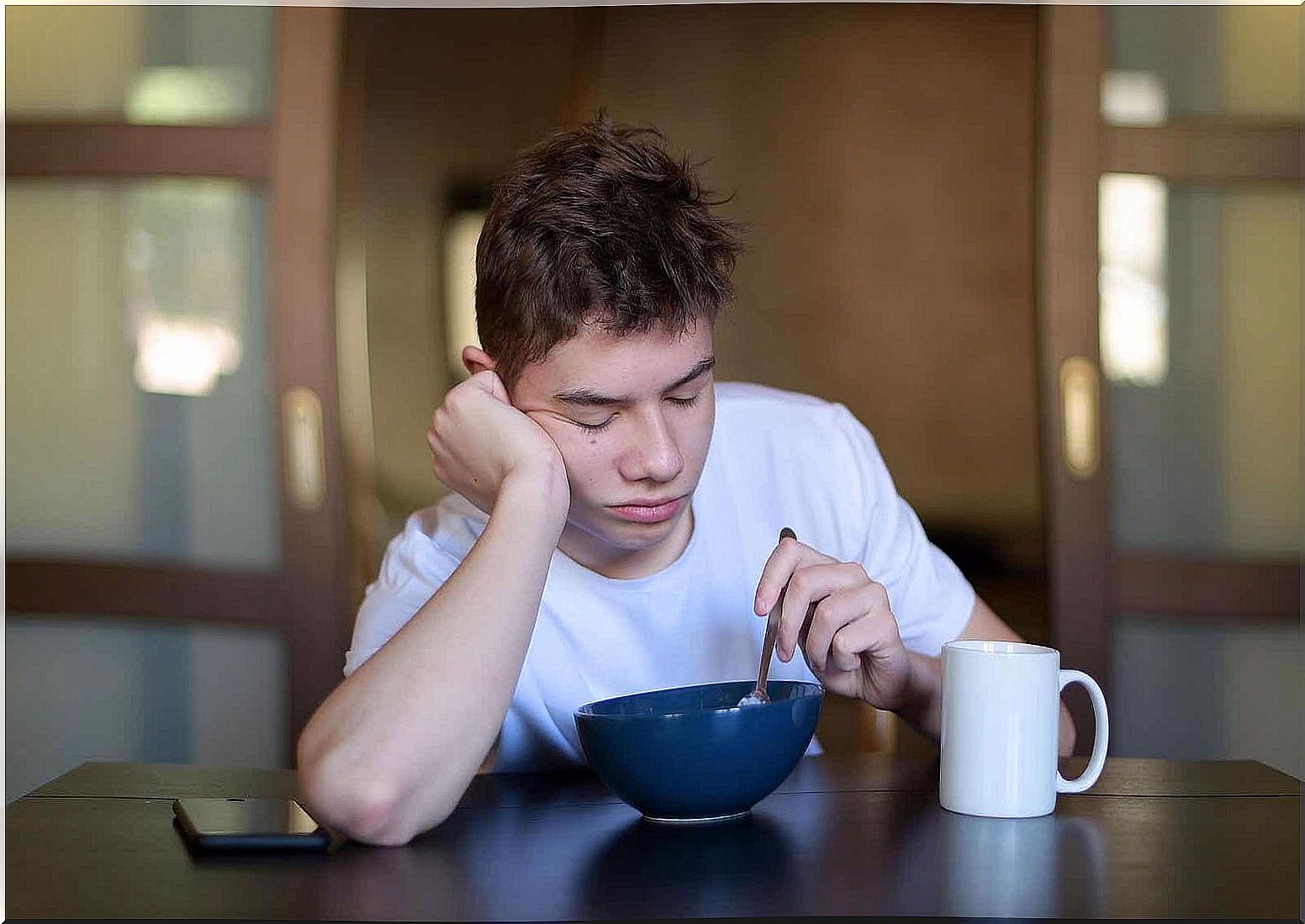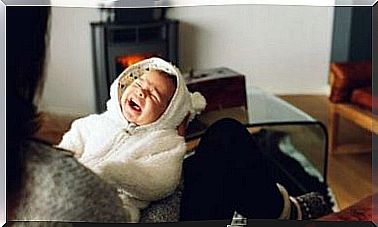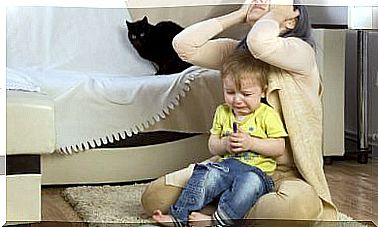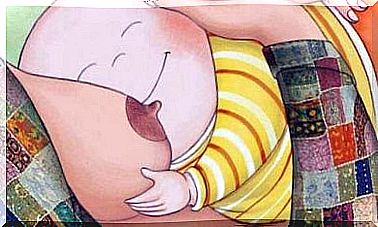Sleep Problems In Young People

Sleep problems in young people are becoming more and more common in our society. What are the most common problems or disorders? What are the consequences? How can they be prevented or avoided? Here we analyze and answer these questions.
But before this topic is covered, it should be mentioned that young people generally need about 9 to 10 hours of sleep a day for a healthy and balanced development. Otherwise, daytime hours can be severely affected. And this can lead to a host of negative consequences, both physical and psychological.
Therefore , it is not a trivial matter to control young people’s sleep, but an aspect that needs to be taken care of and given the meaning it deserves.
Sleep problems in adolescents
According to Marián Martínez Martínez and Mónica González Martínez (2014), physicians in the Department of Sleep Disorders and Ventilation at Marqués de Valdecilla University Hospital in Spain, some of the most common sleep problems among adolescents are:

- Chronic sleep deprivation: This consists of presenting an accumulated sleep deficit due to not getting enough sleep during the week.
- Insomnia: Problems falling asleep and staying asleep. Lack of restorative sleep, early awakening or disturbed sleep is often seen.
- Narcolepsy: There is excessive daytime sleepiness and sudden cases of violent sleepiness. It is usually accompanied by cataplexy, sleep paralysis and hypnagogic hallucinations (auditory or visual hallucination) and hypnopompic hallucinations (occurring in a state between sleep and wakefulness).
- Idiopathic hypersomnia: This is similar to the sleep problem we discussed above. Excessive daytime sleepiness is also experienced, despite getting enough sleep. However, no other symptoms characteristic of narcolepsy are experienced.
- Restless legs syndrome and periodic leg movements: This consists of experiencing an uncomfortable feeling in the legs during sleep, which causes an uncontrollable urge to move these extremities frequently.
- Parasomnia: These are behavioral disorders that occur during sleep, such as, among other things, sleepwalking, confusing awakenings, and sleep paralysis.
If you suspect any of these sleep problems in adolescents, it is important to contact a specialist immediately. They are responsible for providing the appropriate treatment for each case.
The consequences of sleep problems in adolescents
The young people who suffer from sleep deprivation or sleep deprivation due to some of the problems we have just discussed may experience several consequences that directly affect the functioning of the mind and body. Some of the most common are the following:
- Daytime sleepiness.
- Constant fatigue.
- Irritability and tension.
- Increased likelihood of developing mood swings.
- Poor academic performance.
- Sudden behavioral changes.
- Memory loss.
- Poor concentration or attention.
- Social problems.
- Increased risk of abuse of stimulants, such as coffee or energy drinks.

Recommendations for establishing good sleep hygiene
To prevent adolescent sleep problems from getting worse, or simply to prevent them from occurring, it is important for young people to establish good sleep hygiene by following these guidelines:
- Do not perform intense physical exercise for the last few hours before going to bed.
- Have a regular schedule for getting up and going to bed.
- Do not make large meals in the evening, and do not eat too late.
- Do not drink coffee, tea, alcohol, energy drinks or cola before going to bed.
- Sleep in a well-ventilated room that has a comfortable temperature.
- Do relaxing activities before going to bed, such as reading, listening to music, meditation.
- Use only the bed to sleep.
- Do not play video games, watch television, or use your computer, cell phone, or tablet excessively just before going to bed or in the morning.
As parents, trying to change adolescents’ sleep habits can be a challenge. Therefore, it is best that these measures are implemented from the first years of life, so that the child gets used to following certain sleep hygiene guidelines from an early age, and when it reaches adolescence, these become part of their daily routine.









